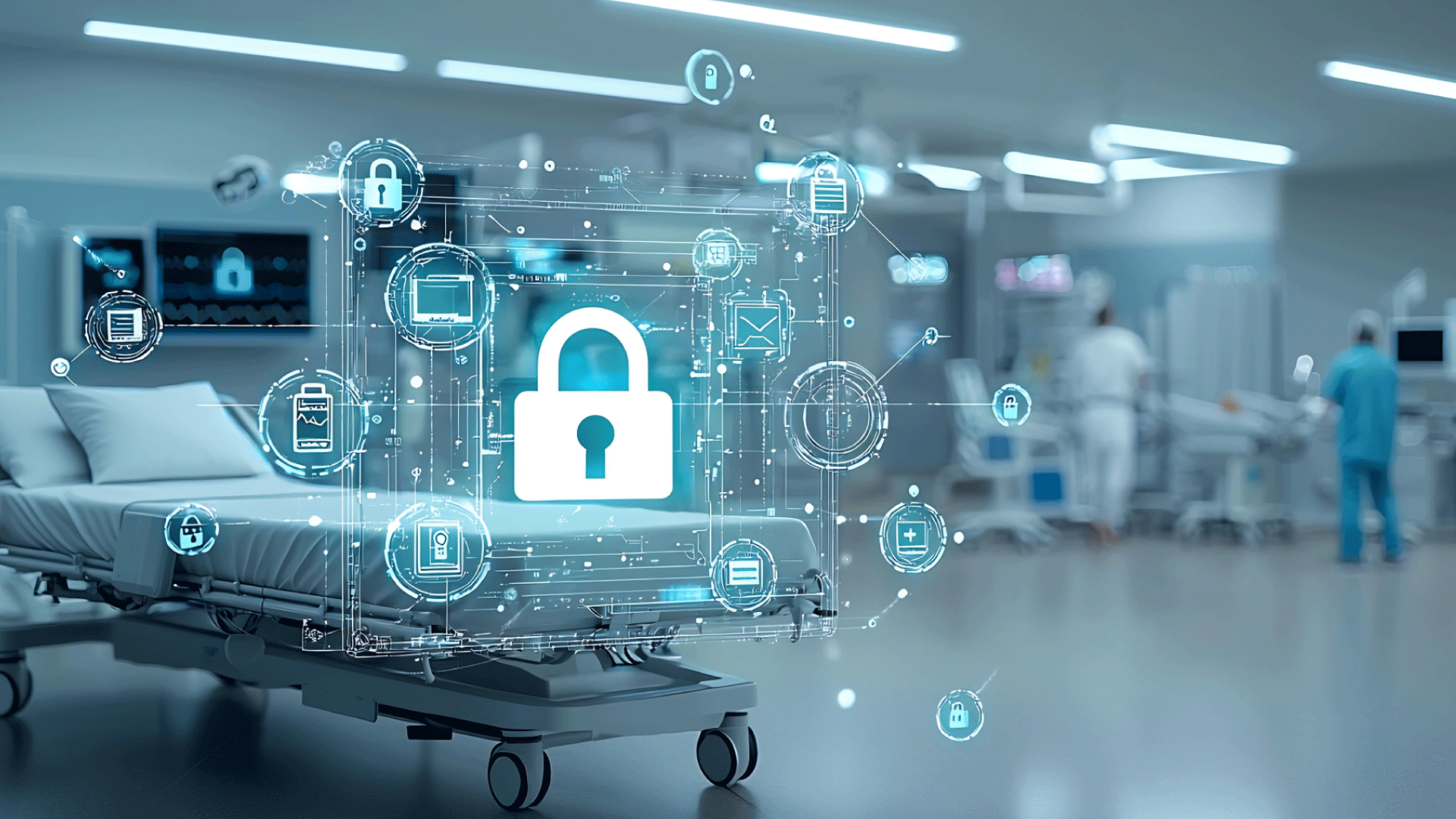Improving safety in healthcare through the use of technology
The healthcare sector is one of the most sensitive and vulnerable in terms of security, as it involves protecting people’s lives, managing confidential information, and safeguarding critical infrastructure. With the growing adoption of technologies in healthcare environments, it is essential to implement advanced security systems to protect patients, staff, and data. Below, we explore some of the most effective security technologies that can improve safety in the healthcare sector.
- Smart Video Surveillance
Video surveillance cameras are a key tool in the physical security of hospitals, clinics, and healthcare centers. However, advanced technologies go beyond simple recording. Smart video surveillance systems, equipped with video analytics and artificial intelligence (AI), enable the real-time detection of unusual behaviors or risky situations. For example, cameras can identify individuals in restricted areas, detect patient falls, or even recognize suspicious behavior patterns. This type of system significantly improves emergency response capabilities and reduces potential threats.
- Biometric Access Control
Access control in healthcare facilities is crucial to ensure that only authorized personnel can enter sensitive areas such as operating rooms, intensive care units, or medication storage areas. Biometric authentication, which includes the use of fingerprints, facial recognition, or iris scanning, is being implemented to enhance security in hospitals. These systems not only enable more efficient access management but also minimize the risk of identity fraud and unauthorized access, ensuring a safer environment for patients and staff.
- Real-Time Patient Monitoring Systems
Remote patient monitoring systems allow continuous, real-time monitoring of patients’ conditions, improving medical safety and reducing the risk of undetected complications. These systems use smart sensors to collect data on vital signs, oxygen levels, heart rate, blood pressure, and more. Any changes in a patient’s parameters can trigger an alert for medical staff to intervene immediately. This technology not only improves patient safety but also enables more efficient and personalized care.
- Cybersecurity and Data Protection
Data protection in the healthcare sector is critical, as electronic medical records contain sensitive personal and health information about patients. Cybersecurity plays an essential role in preventing unauthorized access, cyberattacks, or data breaches. Advanced technologies such as data encryption, multi-factor authentication, and next-generation firewalls are vital for securing the healthcare systems. Implementing strong password policies and continuous staff training on best cybersecurity practices are also essential to safeguard sensitive information.
- Medication Management Systems
Managing medications in hospitals and clinics is a critical process, and errors in medication administration can have serious consequences. Automated medication management systems help ensure that patients receive the correct medications, in the right doses, and at the right time. These technologies use barcodes, RFID readers, and real-time monitoring systems to track medications throughout their lifecycle, from storage to patient administration. These systems reduce the risk of human errors and improve operational efficiency.
- Drones for Surveillance and Supply Delivery
The use of drones in the healthcare sector has gained popularity due to their ability to perform critical tasks quickly and efficiently. Drones can be used to monitor the exterior of hospitals, providing an additional level of surveillance. They can also be utilized for delivering medical supplies, such as lab samples, medications, or emergency equipment, to remote or hard-to-reach areas, improving emergency response and hospital logistics.
- Internet of Things (IoT) in Medical Security
The Internet of Things (IoT) is transforming security in the healthcare sector by connecting medical devices and equipment through intelligent networks. IoT sensors can be used to monitor the status of medical equipment, environmental conditions, and patient well-being. These devices are designed to send real-time alerts if they detect faults or dangerous conditions, such as high temperatures in a medication refrigeration unit or a lack of oxygen in a patient room. IoT integration enhances operational efficiency and reduces the risk of accidents or equipment failure.
- Predictive Analytics for Risk Prevention
Predictive analytics based on big data and machine learning is a powerful tool for anticipating risks and preventing incidents in hospitals. By analyzing large volumes of historical and real-time data, predictive systems can identify patterns that suggest a patient is at risk of a complication or that medical equipment is about to fail. This technology allows for early intervention, which improves patient safety and reduces long-term operational costs.
- Early Warning Systems in Emergencies
Hospitals must be prepared to face all types of emergencies, from natural disasters to mass casualty incidents or infectious disease outbreaks. Early warning systems are essential for efficiently managing these risks. These systems can integrate data from various sources, such as environmental sensors, surveillance cameras, and communication platforms, to provide immediate alerts to hospital staff and authorities. The integration of communication systems also allows for better coordination of emergency response efforts, enhancing the safety of both patients and staff.
The adoption of advanced security technologies in the healthcare sector is essential for ensuring a safe environment for both patients and healthcare personnel. From smart video surveillance and biometric access control to predictive analytics and cybersecurity, technological solutions improve operational efficiency, reduce risks, and protect sensitive information. Proper implementation of these technologies not only enhances security but also contributes to a more efficient, accessible, and reliable healthcare system.



Leave a Reply